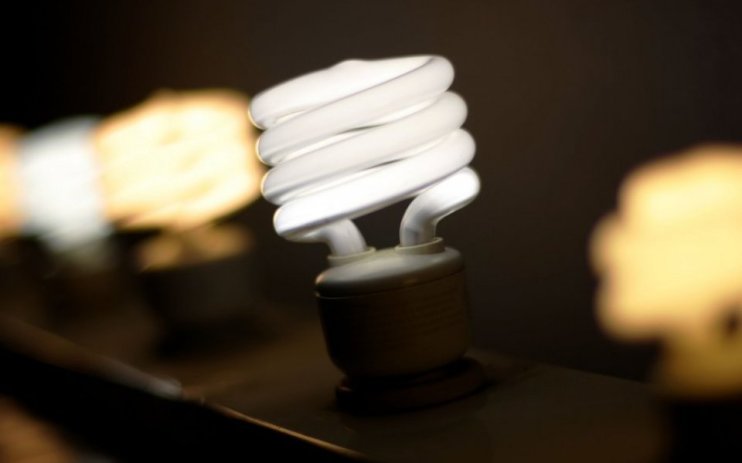Ofgem to lower the energy price cap by £17 for 15m households

Ofgem will cut the energy price cap by £17 from April as lower wholesale costs drive the price downwards, the regulator confirmed today.
That will leave the default price cap at £1,162 for April to September, down from its previous level of £1,179. Ofgem said 11m households will benefit from the lower cap.
The pre-payment meter cap will fall by the same amount to £1,200, meaning energy bills will fall for around 15m households.
Jonathan Brearley, chief executive at Ofgem, said:
“The default price cap is designed to protect consumers who do not switch from overpaying for their energy, whilst encouraging competition in the retail market.
“Suppliers have been required to become more efficient and pass on savings to consumers. In its first year, the cap is estimated to have saved consumers £1bn on average on their energy bills and switching rates have hit record levels.
“Today’s announcement is further good news for the 15 million households covered by both price caps who will see their energy bills fall in April. Households can reduce their energy bills further by shopping around for a better deal.”
Wholesale energy prices falling between August and January drove the reduction in the energy price cap. That was due to record amounts of liquefied natural gas and healthy amounts of gas stock, which pushed down prices.
As a result the wholesale energy cost element of the price cap fell from £446 to £408.
However, other costs including network charges, smart meter costs and environmental schemes climbed £22 to offset the reduction.
Ofgem said households under the default price cap have saved £1bn on their energy bills over 2019.
However, the regulator has also been criticised after energy providers almost unanimously put their prices up to the top of the cap.
Price cap not as cheap as switching
Instead, experts said, households stood to save far more by regularly switching their energy provider.
Martin Lewis, the founder of Money Saving Expert, said today’s energy price cap cut would save people less money than switching. Some providers’ annual tariffs are as low as £800, he said.
“This standard tariff price cut may illicit some mooted cheer, as millions of inactive customers will see their summer energy bills shaved down a touch,” he said. “Yet the saving is a hollow one. While the price cap is defined as a fair price, a fair price isn’t a good price.”
“The price cap may have fallen by a smidgeon, but the prices of the cheapest deals have plummeted, and are getting close to 2016 prices. And the price cap is only for six months, while many of these cheap deals are one-year fixed rates, meaning you’re locked in on a low rate for longer.”
Millions ‘miss out on larger savings’
Uswitch.com energy expert Rik Smith said people could save as much as £377, rather than the default energy price cap saving of £17.
“This is the warning for anyone depending on the price cap to give them a better deal: it really won’t,” he added.
“The price cap is still higher than it was when it was introduced a year ago, while the price of the best value deals has been plummeting for most of that time. The cheapest tariff now costs £180 less than this time last year.
“Uswitch data suggests that satisfaction with the energy market is increasing, probably because more people are switching in response to huge price rises last April when the level of the price cap went up by £117.”
Natalie Hitchins, head of home products and services at consumer magazine Which, warned the change will not help millions stuck on pricey energy contracts.
“This latest cut to the price cap may bring some slight relief to customers, but a recent surge in cheap energy deals could mean millions of people still stuck on poor value default tariffs are paying hundreds of pounds per year more than they need to,” she said.
“We would urge anyone fed up with expensive bills to take advantage of the wider choice in cheap deals and switch suppliers – you could save hundreds of pounds a year and find a firm that offers better customer service.”
Main image credit: Getty